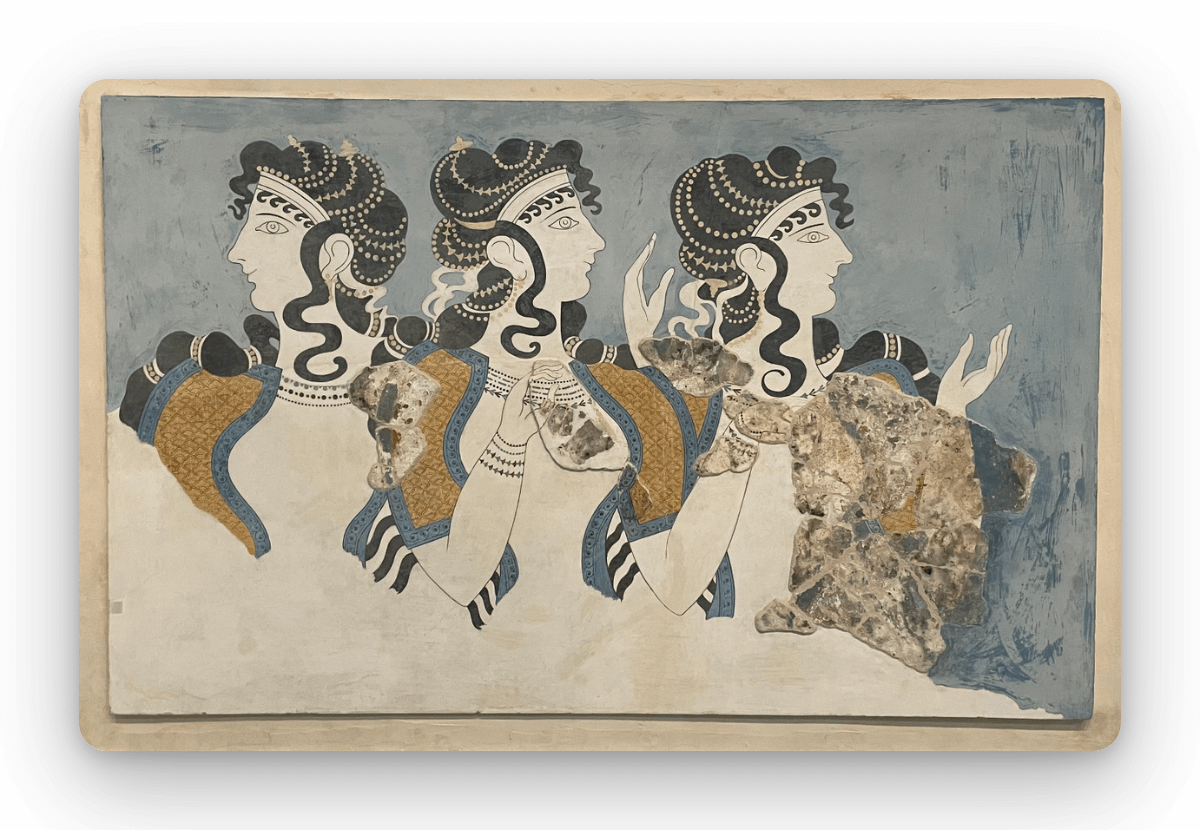Latesummer intrusive questions

Summary: Intrusive questions can be very useful. What is crypto exactly, and what are some implications of working in this industry?
I read a post on X recently. I kept thinking about it for several days after, wandering into various questions that I never asked before. That X post says, briefly, that something is "true crypto" if it satisfies two properties:
- (a) the ledger is fully public and accessible to anyone on the internet, and
- (b) the responsibility for validation has to be fully open ("permissionless") to anyone on the internet.
I don't think this is what crypto is. It is a much broader set of technologies that are not necessarily as pure as the intersection of (a) and (b) require. But let's assume this is what crypto is, for the sake of argument, and get that out of the way for a moment.
Let's connect some dots: If an engineer works in crypto, then the network they're building should be open in the sense of (a) and (b). It is open even for illicit activities, even by people which this engineer would otherwise not want to enable, or associate with. Even for situations, transactions, and use-cases that this engineer would prefer to hinder or expose, not facilitate. That's unsettling. And if the network satisfies (b), with open participation in operating the network, which includes governance and shaping its future, then the direction of the network itself is out of the hands of the engineer. Good luck!
The answer to this third question is obvious in the perspective of skeptics of web3. A skeptic would answer, No, don't work in crypto. For a hardcore purist or crypto maximalist, the answer is obvious and opposing the skeptic: They'd tell me, More people should work in crypto, of course!
I see myself somewhere in the middle: Encouraging skeptics while cautiously keeping my optimism alongside believers. My gut tells me that there is utility that crypto can unlock, namely that web3 is about creating tools for organizations to carry more responsibility. That's still one of the most useful ways to define the outcomes I'm looking for. It does not mean that this utility must be open to anyone, complicit to dubious actions.
The most surprising part about this line of thought is that the questions and answers have not been obvious to me throughout the years. That's largely because I never asked the questions clearly and concisely. So here they are: Do you want to enable illicit activities? No. Is crypto about (a) and (b)? No, there are branches of crypto that stay within the confines of the law. Do I want to continue working in crypto? It's one of the coolest ways to apply distributed systems, yes.
I hope to keep bumping into more intrusive questions, and will definitely will be returning to these ones every once in a while.



Comments ()